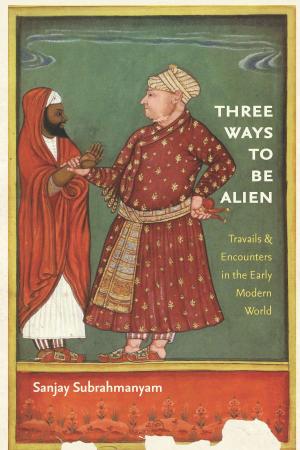The Zionist Paradox
Hebrew Literature and Israeli Identity
Fiction & Literature, Literary Theory & Criticism, Jewish, Nonfiction, History| Author: | Yigal Schwartz | ISBN: | 9781611686029 |
| Publisher: | Brandeis University Press | Publication: | August 26, 2014 |
| Imprint: | Brandeis University Press | Language: | English |
| Author: | Yigal Schwartz |
| ISBN: | 9781611686029 |
| Publisher: | Brandeis University Press |
| Publication: | August 26, 2014 |
| Imprint: | Brandeis University Press |
| Language: | English |
Many contemporary Israelis suffer from a strange condition. Despite the obvious successes of the Zionist enterprise and the State of Israel, tension persists, with a collective sense that something is wrong and should be better. This cognitive dissonance arises from the disjunction between “place” (defined as what Israel is really like) and “Place” (defined as the imaginary community comprised of history, myth, and dream). Through the lens of five major works in Hebrew by writers Abraham Mapu (1853), Theodor Herzl (1902), Yosef Luidor (1912), Moshe Shamir (1948), and Amos Oz (1963), Schwartz unearths the core of this paradox as it evolves over one hundred years, from the mid-nineteenth century to the 1960s.
Many contemporary Israelis suffer from a strange condition. Despite the obvious successes of the Zionist enterprise and the State of Israel, tension persists, with a collective sense that something is wrong and should be better. This cognitive dissonance arises from the disjunction between “place” (defined as what Israel is really like) and “Place” (defined as the imaginary community comprised of history, myth, and dream). Through the lens of five major works in Hebrew by writers Abraham Mapu (1853), Theodor Herzl (1902), Yosef Luidor (1912), Moshe Shamir (1948), and Amos Oz (1963), Schwartz unearths the core of this paradox as it evolves over one hundred years, from the mid-nineteenth century to the 1960s.















